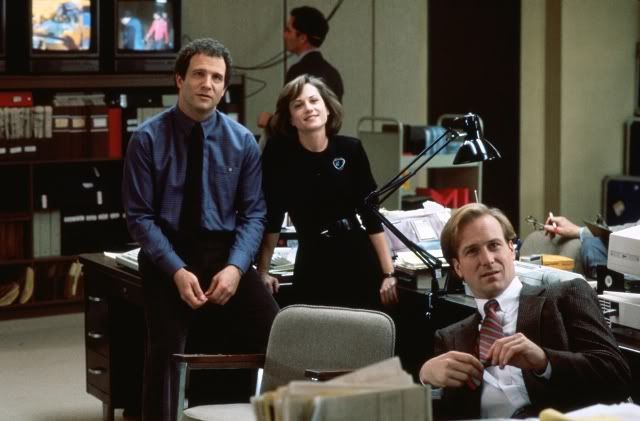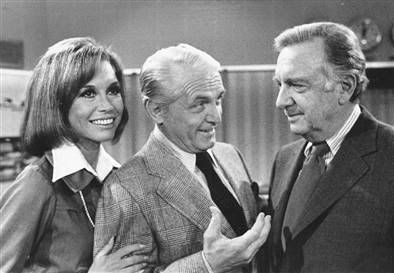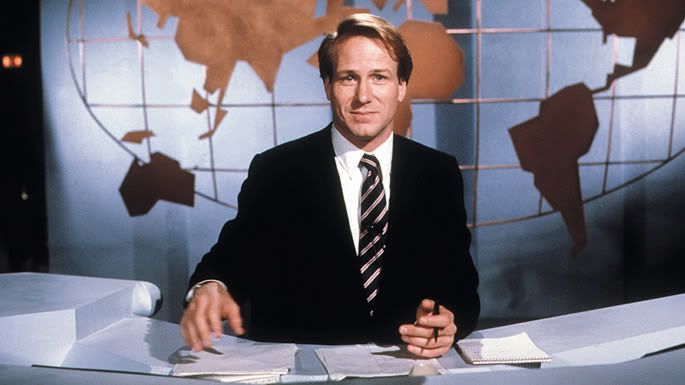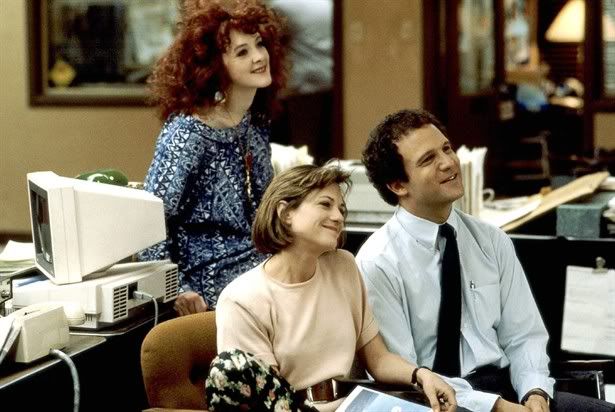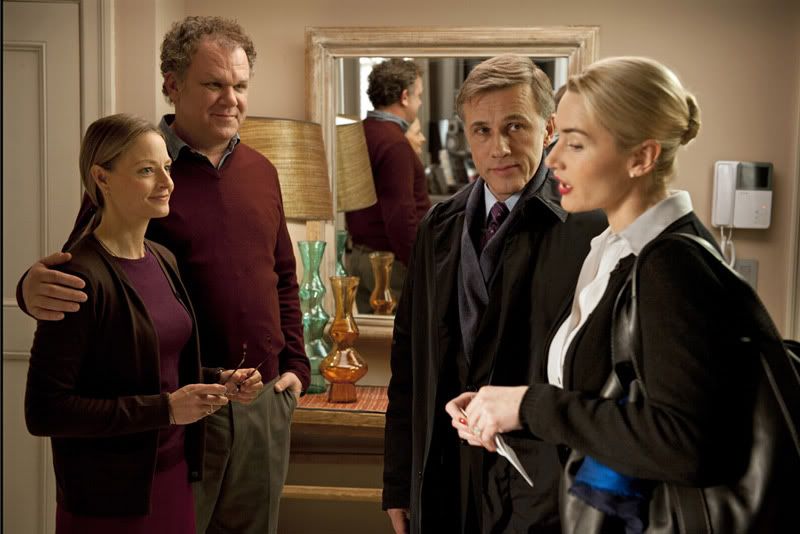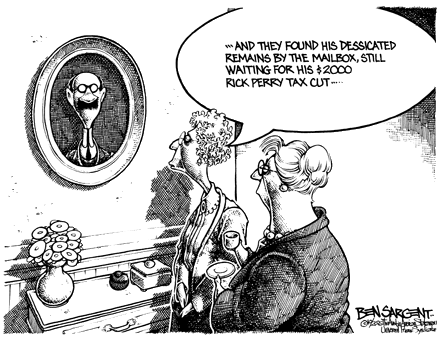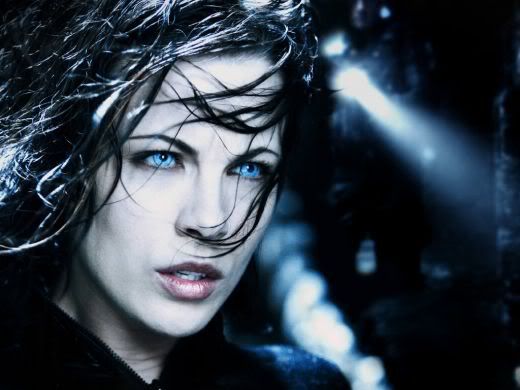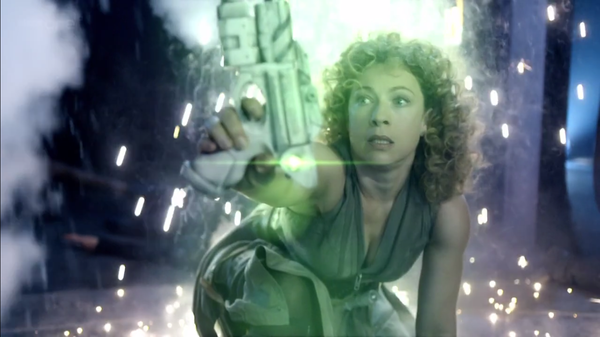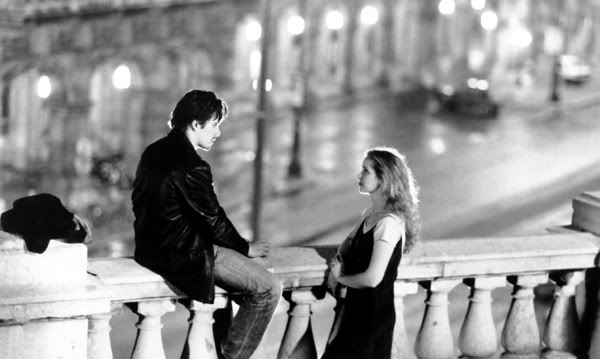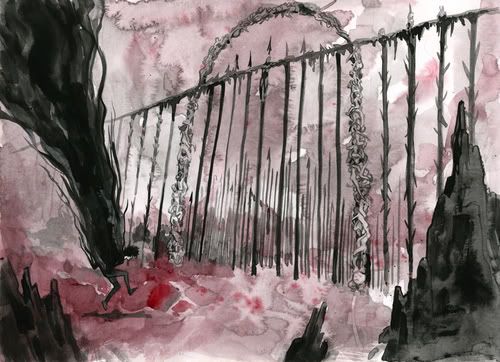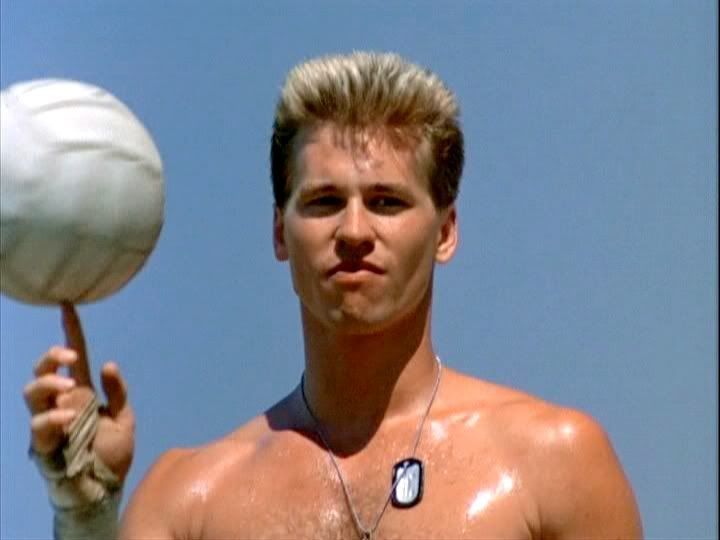
If you've been following the blog-o-sphere, you might be aware of an internet spat over the depictions of women in The Game of Thrones. I've been following it with interest, though I've only seen the HBO series and haven't read the books.
While I don't feel comfortable taking a stand on TGOT, (please do read Sady Doyle's original post and Alyssa Rosenberg's response), I am very interested in the broader issues raised. I recognize that you may not all agree, and I only ask that you please be respectful in the comments.
Alyssa Rosenberg framed the following questions on her Google Plus page, which I aim to answer here:
1. Do you believe that consuming period or periodized literature implies a nostalgia for that time period?
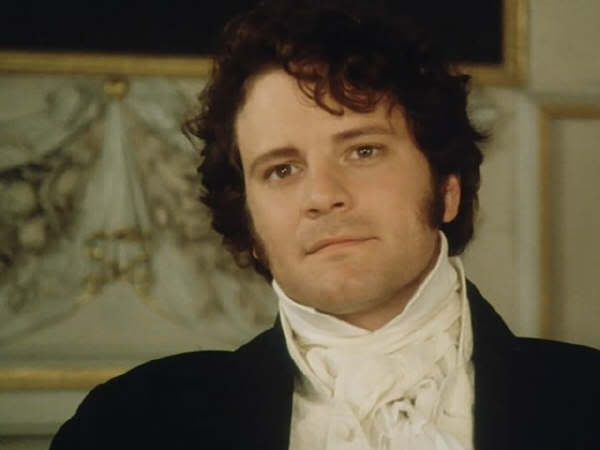
I do believe that writers who choose these settings can be nostalgic for those settings, i.e., "I long for a time when detective stories didn't require many pages of my hero performing a Google search."
But then again, I believe you can treat certain settings almost as mini-genres. A medieval setting carries certain story-telling expectations, as does a space colony setting, as does an Emerald Isle setting. The same is true for stories set in 19th century Bath, England.
As readers, I believe our consumption of periodicized literature is guided by our preferences for particular mini-genres. But I think for a reader to make the choice to read AGOT or Lord of the Rings instead of, say, Ivanhoe, means that the reader has explicitly chosen works that reflect the contemporary period rather than the historical one.
It's also a very lazy, superficial criticism: "You only like Mad Men because you long for the days when men were men and could sleep around and drink all day."
That said, I think readers can be nostalgic for certain aspects of a period, if not the totality. Regency-era fiction is making a mint off of young girls who wish they lived in a time when social relations with men were more regimented, more polite, and less dependent on scary things like sex. But that doesn't mean they want to live in a time when they can't inherit property or vote.
2. Should fantasy stories take place in ideal worlds or worlds that are designed to provide useful thought experiments?
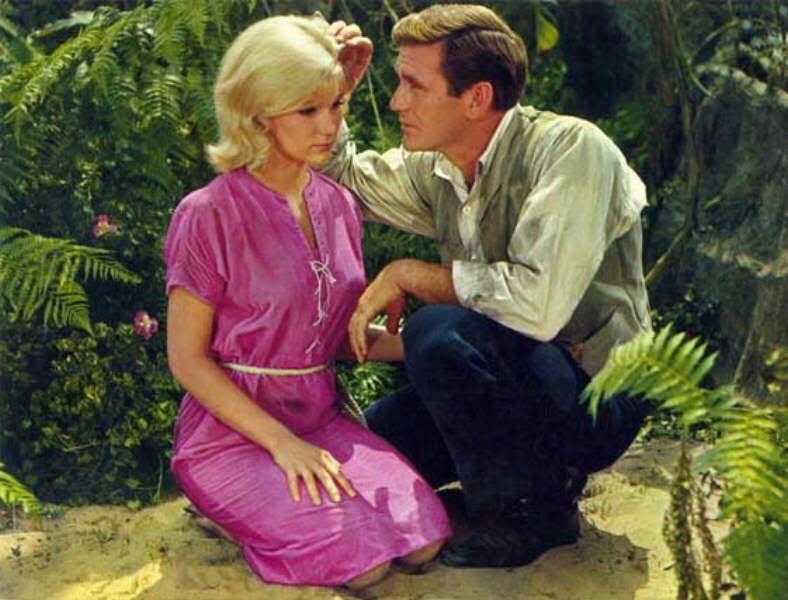
I'm inclined to say neither. While there successful examples of both (Star Trek: Next Generation, Atlas Shrugged) you run a powerful risk of boring the crap out of the reader. You can start your story in an ideal world, but it can't stay that way, for then it would lack tension, aka that thing that makes stories interesting.
But what is an ideal world? There is no ideal world that's ideal for everybody. The far future in H.G. Wells' The Time Machine is wonderful for the Eloi, but they're not even aware of what's happening under their feet. In Brave New World it's all happy sexy times for everyone, except for the people for whom the drugs don't work.
As for "useful thought experiments?" That just sounds horrible and didactic. Fiction can and should engage with serious themes, it should be provocative, but those ideas should never be privileged over narrative. To paraphrase Bill Clinton, "It's the imagination, stupid."
3. What is the point at which depictions of domestic or sexual violence become gratuitous? Why do depictions of sexual or domestic violence have to meet a different standard than aestheticized action violence?
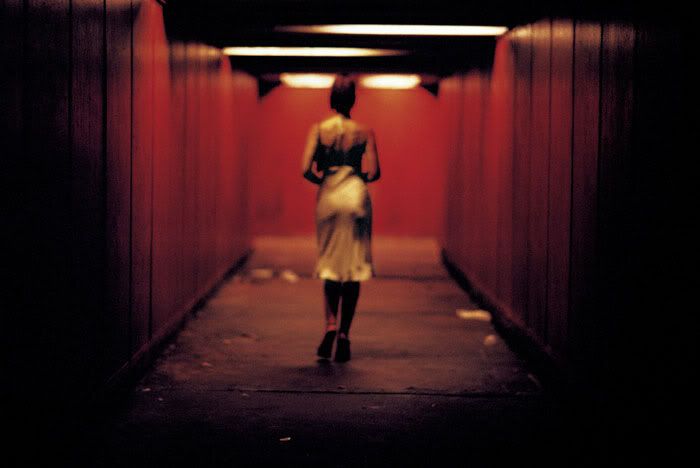
The first is a question that even the Supreme Court cannot answer, and I'm not sure we can either. Basically, you are asking at what point does a work stop generating artistic interest and only generate prurient interest?
In lit, if it doesn't drive a character or the story forward, then it's gratuitous. Period. If it's described in unnecessarily loving detail, it's gratuitous. How do you judge whether it meets those conditions? It differs from person to person.
As for the second question, I was not raised in a household where this was true. My parents would infinitely prefer I watched Law and Order: SVU even over the anodyne action violence in The Matrix.
That said, I think this has something to do with the real world. You will never run into aestheticized action violence in the real world, but you are very likely to encounter, be a victim of, or know someone who is a victim of sexual/domestic violence. Because being raped is a real fear, people are more disturbed by it than if their city was blown up, which is not a real fear for most in the Western world in spite of outlier attacks.
4. Is it necessarily sexist to depict female incompetence?
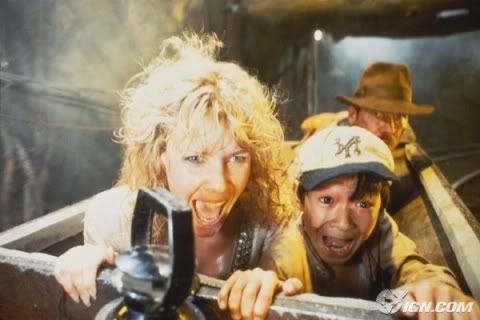
Definitely not. It certainly can be, especially if all the female characters are incompetent, or there's only one female character and she's incompetent (i.e. Willie Scott in the photo above), but it's ridiculous to say that this is necessarily the case. The problem is when otherwise competent women are portrayed as making silly decisions without any background as to why.
Why, as feminists, are we meant to stand up for all women? Am I expected to defend Margaret Thatcher, Sarah Palin or Michelle Bachmann? Absolutely not. Then why must we pretend women like this don't exist in fiction? Lot's of women don't like each other for many reasons, most of them quite valid. To pretend this is not true renders any work toothless. Unless of course it's a "useful thought experiment" demonstrating a world where all women are competent.
Let's look at The Handmaid's Tale, by Margaret Atwood. No one's gonna argue its feminist bona fides, but the most flat-out evil character in the novel is the woman in power, the Commander's wife. Is that somehow sexist? Certainly not. It expresses a truth: there are some women, like there are some men, who would do anything to hold onto their power. Likewise, there are other women who fight against those people in power.
THANK GOD THAT'S OVER
So what do you guys think about these questions? Any examples or counter-examples you'd like to bring to the table?
Weigh in in the comments, folks!
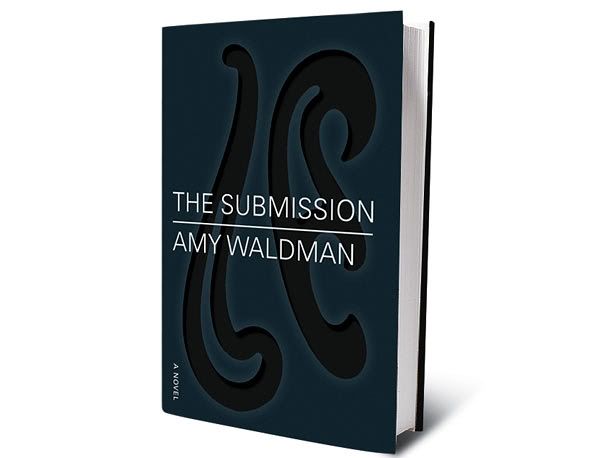

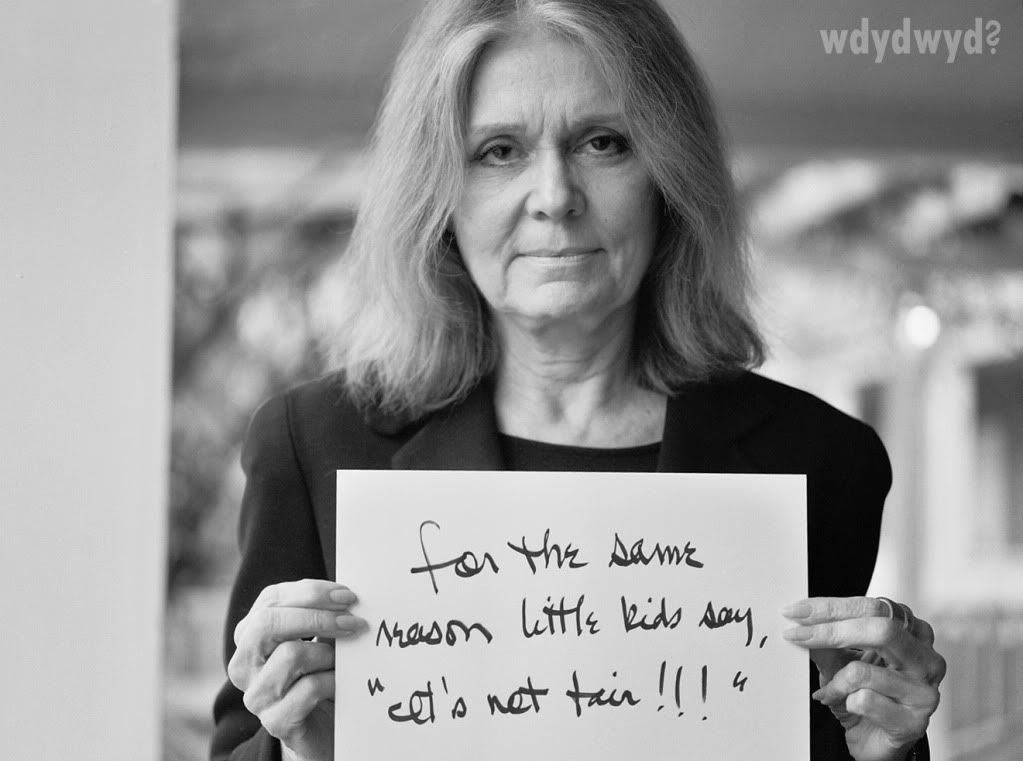

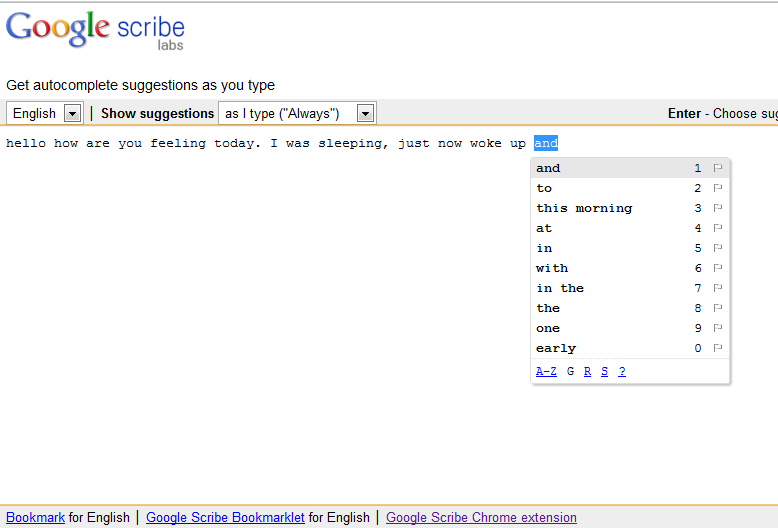
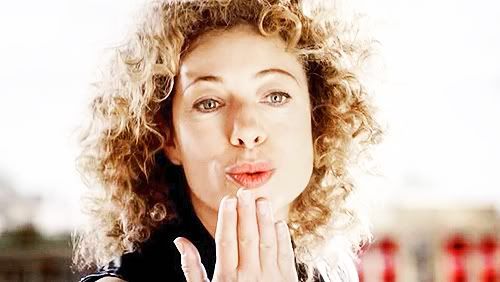






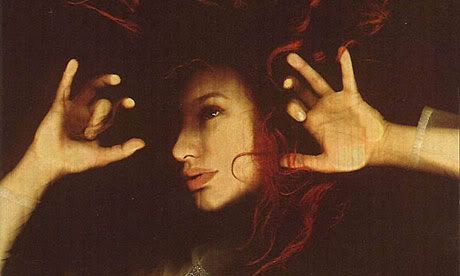


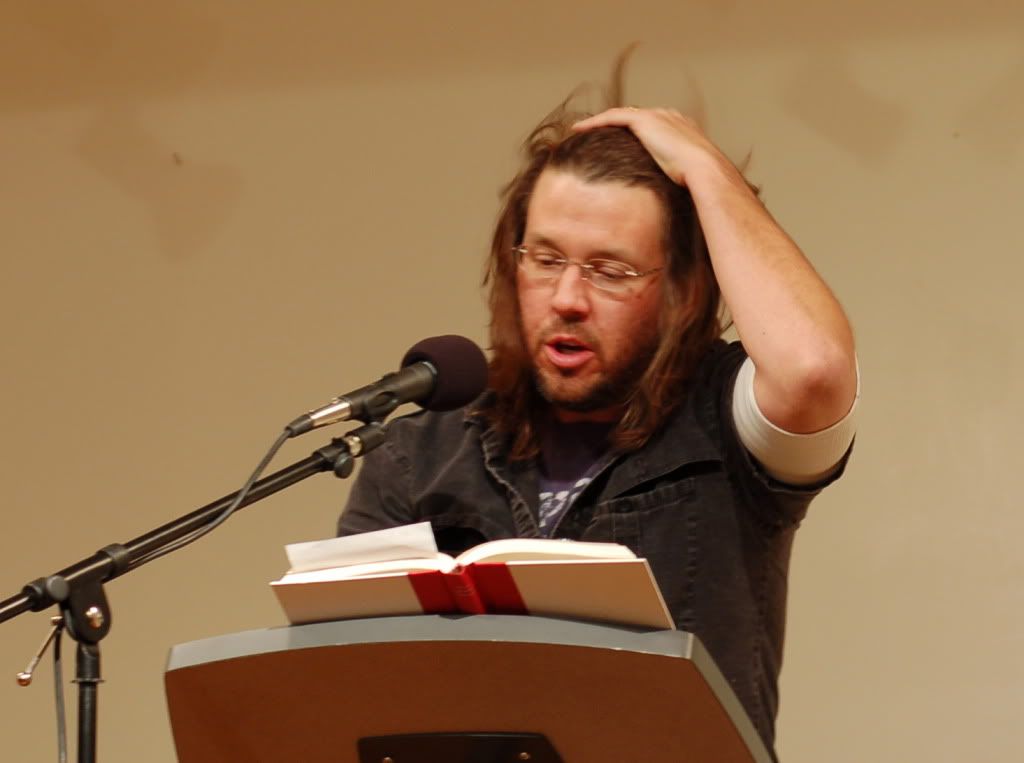



 vs.
vs. vs.
vs.


